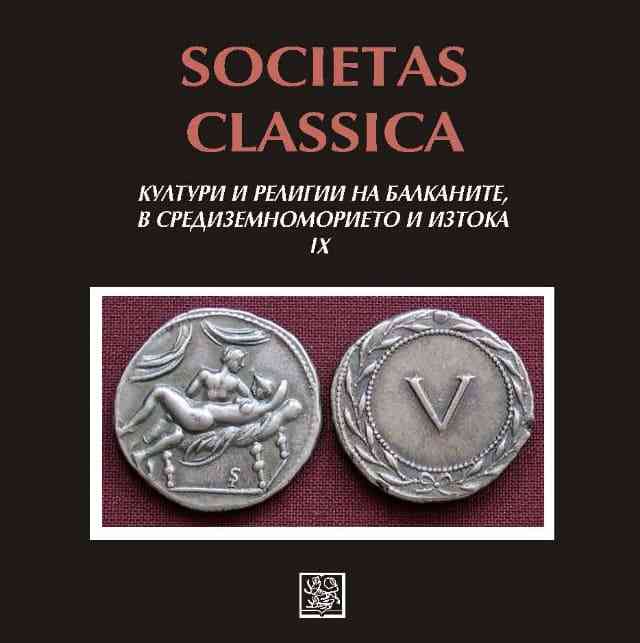Фразеологичните единици, включващи в своя състав соматизма "глава" в българския и в японския език
Phraseological Units Which Include the “Head” Somatism in Bulgarian and in Japanese
Author(s): Katya Marinova
Subject(s): Language studies, Language and Literature Studies, Theoretical Linguistics, South Slavic Languages, Phraseology
Published by: Великотърновски университет „Св. св. Кирил и Методий”
Keywords: phraseological units; somatisms; interlinguistic equivalence; phraseological equivalents
Summary/Abstract: Depending on the degree of interlinguistic equivalence, the phraseological units with Bulgarian somatism head and Japanese somatism 頭 (atama, kashira; zu, tou) can be divided into: complete (absolute) phraseological equivalents, incomplete (partitive) phraseological equivalents, relative phraseological equivalents, phraseological analogs and formal phraseological equivalents. In view of the fact that the Bulgarian and Japanese languages belong to different language families, complete (absolute) phraseological equivalents can be found very rarely, but we can detect a lot of partitive and relative phraseological equivalents, as well as many formal phraseological equivalents. Since Bulgarian phraseological units with head exceed Japanese phraseological units in number, we detect more phraseological analogues in Bulgarian phraseological units.
Book: Societas Classica. Култури и религии на Балканите, в Средиземноморието и Изтока. Том 9
- Page Range: 268-276
- Page Count: 9
- Publication Year: 2017
- Language: English, Bulgarian
- Content File-PDF

